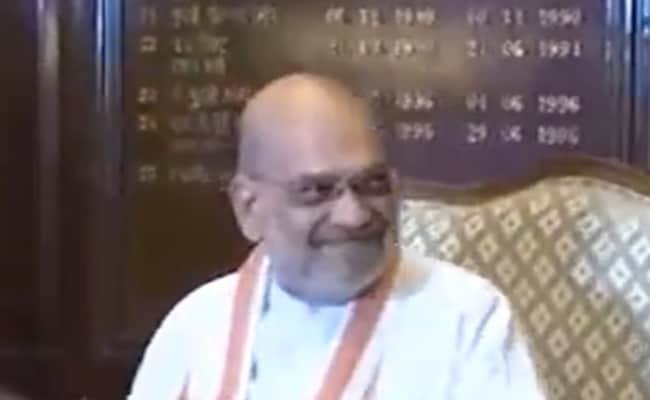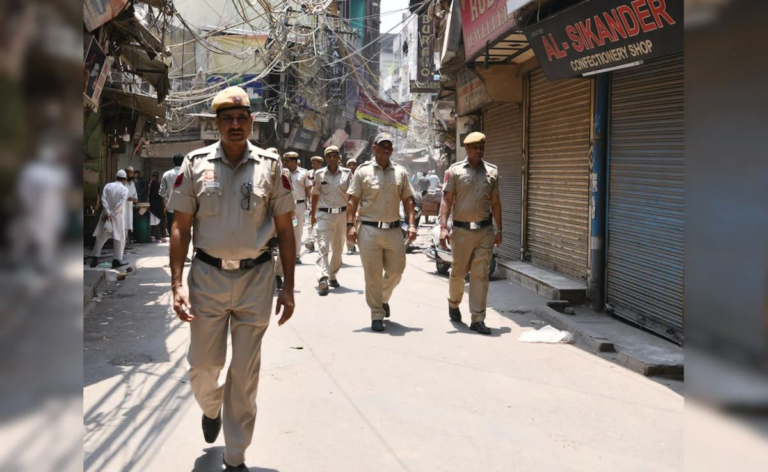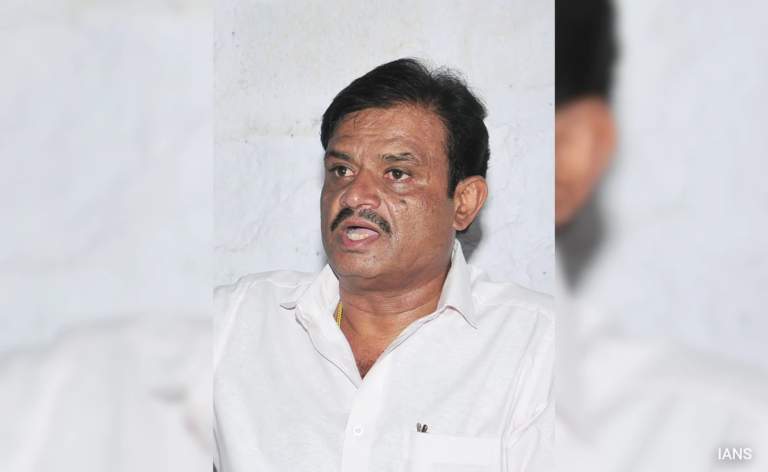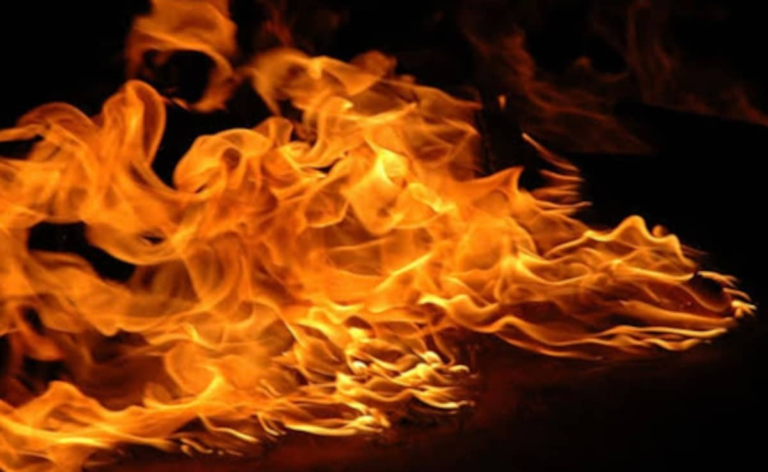

New Delhi:
Prime Minister Narendra Modi’s trusted lieutenant Amit Shah took charge as the Union Minister of Home Affairs on Tuesday for second time. Mr Shah held the same portfolio in 2019 as well.
In his first tenure, Mr Shah ensured that key decisions taken by the government were implemented without any hitch. His second term signals continuity.
If he continues for another year, Mr Shah is set to be the country’s longest-serving home minister. Congress’ Govind Ballabh Pant and BJP’s LK Advani served as Union home ministers for a little over six years. Mr Shah and Rajnath Singh, who handled the portfolio in PM Modi’s first term, have spent five years each in the North Block.
What Challenges await Amit Shah
1. Assembly Elections In Jammu and Kashmir And Restoration Of Statehood
The Narendra Modi government has a “Zero Tolerance” policy on terror. But that policy has now taken a hit. Over the last one month, two big attacks have taken place in the south of Pir Panjal.
On May 5, an army convoy was attacked in Poonch in which one Air Force officer was killed and four injured. Now terrorists have targeted pilgrims in Reasi district. In both attacks Lashkar-e-Taiba- backed TRF claimed responsibility.
The intelligence grid has been strengthened but they have not been able to catch this group of foreign terrorists who have been striking at will in this region.
“Amarnath Yatra is scheduled to start from June 29. In the backdrop of this attack, securing each and every pilgrim is going to be a big challenge for security forces,” said a senior official.
The Union Home Ministry will have to oversee and roll out plans for smooth conduct of assembly elections in Jammu and Kashmir this year. The promise of restoration of statehood in J&K after the polls rests on Mr Shah, who would first like to focus on ensuring Pakistan’s proxy war does not disrupt peace.
2 Manipur Violence
The Manipur government has not been able to curb ethnic violence in the state despite the backing of the Union Home Ministry. New theatres of violence are opening – the latest being Jirbam district.
With RSS chief Mohan Bhagwat also stating that Manipur should be given priority and violence should stop, strict steps will have to be taken by the Centre.
Tussle of power between the state and the Centre is escalating. The state administration has claimed that all powers are vested in the Centrally appointed security advisor Kuldeep Singh. “Targeted extortions are still going on in many areas. Despite appeal by Shah, all stolen weapons have not been returned,” an official said.
3. Sikh Militancy.
India’s relationship with Canada appears to be in a tight spot over the presence of pro-Khalistan separatist groups in the Maple Country. Intelligence Agencies have also red flagged issue of radicalism and secessionism in Punjab.
Two Sikh radicals, including Khalistan ideologue Amritpal Singh, scored victories in the recently concluded Lok Sabha election, underscoring the growing influence of hardliners. Mr Shah’s team has to find a way to ensure that secessionism does not spread.
4. Implementation Of New Laws
In a bold move meant to reshape the landscape of the criminal justice system, Amit Shah had introduced three revolutionary laws aimed at modernising and replacing outdated British-era legislation.
The Bharatiya Nyaya Sanhita 2023, Bharatiya Nagarik Suraksha Sanhita 2023, and Bharatiya Sakshya Adhiniyam 2023 are set to replace the Indian Penal Code, Code of Criminal Procedure, and the Indian Evidence Act, marking a significant shift towards a more efficient and effective legal framework.
The laws are scheduled to come into effect from July 1. “Many states have raised concerns regarding inadequate trained personnel… the new laws are technology driven so it i going to be challenge,” said an official of the Union home ministry.
5. Sino-India Border Dispute
The next five years will also be crucial to address the irritants and threats arising from the unresolved Sino- India border dispute. This daunting task will find mention as Mr Shah returns to his desk in North Block.
6. Uniform Civil Code Roll Out
This may run into the crosshairs of collation politics, which both Chandrababu Naidu’s Telugu Desam Party and Nitish Kumar’s Janata Dal United having a strong Muslim voter base.
7. Maoist Violence
Mr Shah has been instrumental in quelling Maoist violence. Data from his ministry indicates that violence in states on the Maoist corridor is down by 70 per cent. Mr Shah has promised that the country will be free of Maoist problem in the next three years, so meticulous operations will have to continue under his leadership.
8. Naga Peace Accord
Peace has been restored in insurgency hit northeastern states through strategic peace accords. But Naga peace talks have remained inconclusive so far.
9. Rolling Out Census
The census has not started owing to the general elections. But with many political parties demanding caste census, the ministry has its task cut out to bring allies on common platform.
10. Implementation Of Women’s Reservation Bill
The 128th Constitutional Amendment Bill, 2023, or the Nari Shakti Vandan Adhiniyam, will be implemented after the 2026 delimitation, taking into account the latest census. Simply put, the Women’s Reservation bill can come into effect only after the decennial Census has been conducted — a procedure the Centre has continually delayed.
10. Implementation Of Women’s Reservation Bill
The 128th Constitutional Amendment Bill, 2023, or the Nari Shakti Vandan Adhiniyam, will be implemented after the 2026 delimitation, taking into account the latest census. Simply put, the Women’s Reservation bill can come into effect only after the decennial Census has been conducted — a procedure the Centre has continually delayed.




